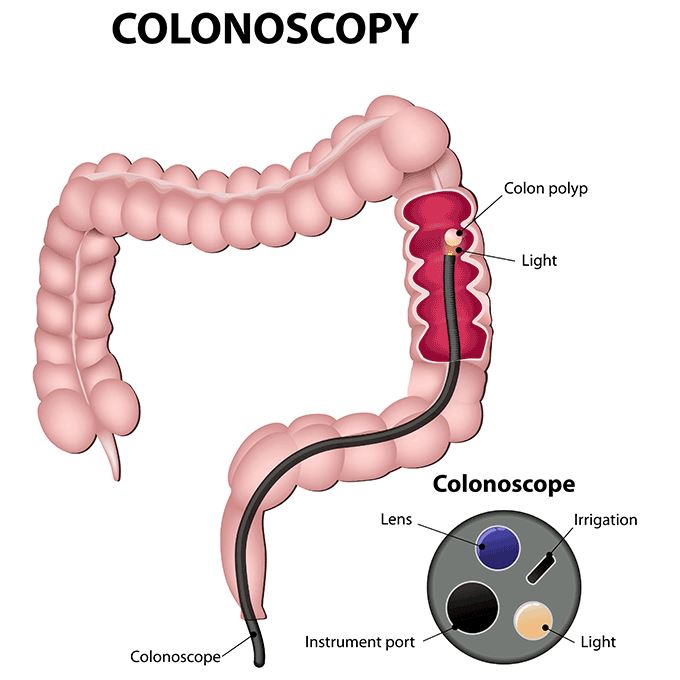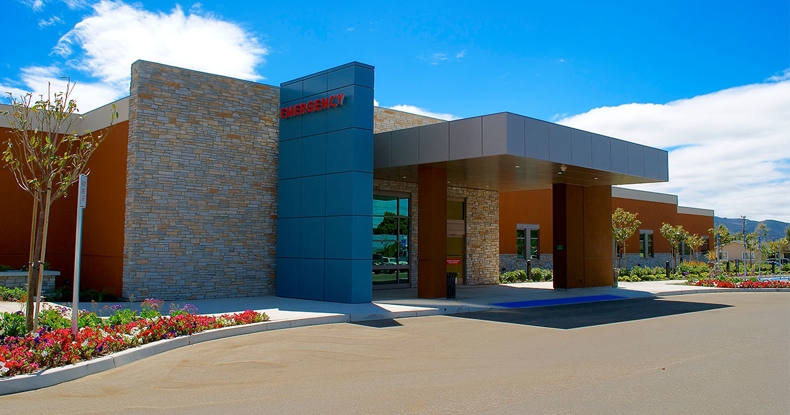A Rise in Colorectal Cancer in Young Adults
- Category: Health & Wellness, Digestive Health
- Posted On:
- Written By: LVMC

Colorectal cancer cases among young adults are rising in the United States. Though rates are increasing, there is still a misperception that the disease does not affect young adults.
A recent survey conducted by the Colorectal Cancer Alliance found that 67% of young adult colorectal cancer patients saw as many as four doctors before being diagnosed, and 63% percent of survey respondents waited anywhere from 3-12 months to see a doctor because they didn’t recognize their symptoms were signs of colorectal cancer.
With screenings and early detection critical for survival rates, it’s important to educate yourself on colorectal cancer in young adults.
What is Colorectal Cancer?

Colorectal cancer starts in the inner lining of the large intestine, also known as mucosa. It typically begins as an abnormal growth or polyp that forms in the rectum or colon. Over time, this polyp can develop into a tumor and/or spread throughout the rectum and colon, causing symptoms.
Symptoms of Colorectal Cancer
The most common symptoms of colorectal cancer in young adults include:
- Abdominal pain/cramping
- Blood in the stool
- Bleeding from the rectum
- Changes in the shape/type of stool
- Constipation
- Diarrhea
- Decreased appetite
- Weight loss
Many of these symptoms are vague, so it’s important to speak with your healthcare provider if you have concerns about any symptoms you are experiencing. Young people tend to be more likely to be diagnosed with late-stage colorectal cancer because they assume their symptoms are due to something less serious or they are embarrassed about the symptoms they are experiencing.
Causes of Colorectal Cancer
Research shows the causes of colorectal cancer are varied. A recent study linked prolonged sitting while watching television with an increased risk of developing the disease. Other risk factors include heavy alcohol consumption and smoking. Eating less fiber and more processed foods may be a risk factor. Obesity has also been associated with higher risks of developing the disease.
Though most colorectal cancer in young adults is not caused by genetics, some mutations (changes in genes) are linked to an increased chance of having colorectal cancer.
How to Diagnose Colorectal Cancer in Young Adults
Colonoscopies are the preferred way to screen for colorectal cancer. Doctors will be able to look at your colon and rectum to identify any polyps or tumors within the intestinal tract. Some other popular methods for diagnosing colorectal cancer include:
- Sigmoidoscopies: Examine the rectum and part of the colon.
- Stool tests: Labs run these tests to detect blood in the fecal matter.
- Stool DNA test: These look at the rectum and part of the colon. If no polyps are found, these tests are generally repeated every 10 years.
- Stool tests that detect blood in the fecal matter: Studies show they can lower the number of colorectal cancer deaths by 15% to 33% in people ages 50 to 80 when done every one to two years.
- Stool DNA test: A relatively new “do-it-yourself” kit approved by the FDA, involves you getting a stool sample and mailing it back to a laboratory for examination.
Moving Forward
If you or someone you know has been diagnosed with colorectal cancer as a young adult, it is important to consult with trusted healthcare providers to determine a care plan. In most cases, a multidisciplinary team is needed to help put together a plan of action. Some treatments include chemotherapy, radiation, and surgery.
Conclusion
While cancer death rates are on the decline overall in the United States, the American Cancer Society says there is a 51% increase of colorectal cancer in those under 55; a figure that is rising 2% every year since the 1990s.
If you are experiencing any symptoms or have any concerns, speak to your doctor as soon as possible. The key is to go for screening tests early and often, particularly if colorectal cancer runs in your family. Guidelines suggest that most adults should have their first colonoscopy at the age of 45 — and every five years after. If you have a family history of the disease, screenings should begin at a younger age.
When there are early screenings, colorectal cancer can be preventable. When detected early, survival rates increase, so it is important to speak with your healthcare provider if you have any concerns or a genetic predisposition to the disease.






